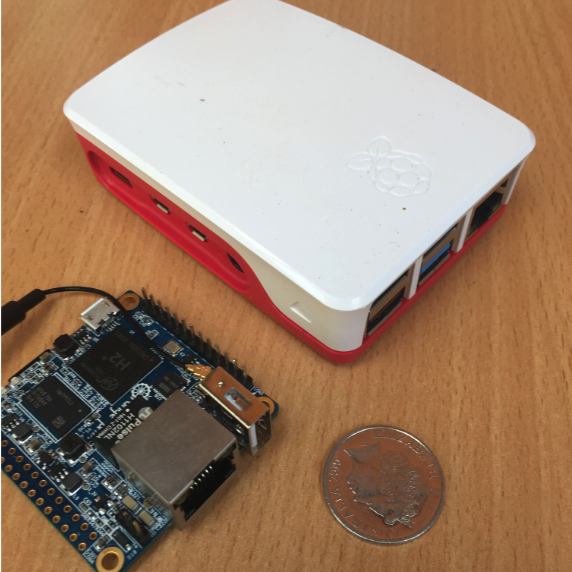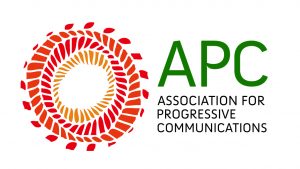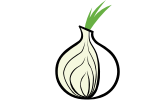The Offline Internet Archive
The internet now seems like a utility, available everywhere from our homes and offices to trains and planes. But utility-level access is not yet a reality for more than half of the world’s population who lack consistent, or indeed any access, to the Internet.
Why?
- Cost: Internet access is unaffordable to people with low or no income.
- Connectivity: In many developing countries and rural areas the infrastructure that enables internet access is unreliable, slow, or simply unavailable. Natural disasters, uprisings, and war compound the challenge.
- Censorship: Some countries limit internet access for political reasons. Several countries block the Internet Archive. In some countries, Facebook has become synonymous with the internet – but it is hardly a substitute for free and open World Wide Web.
The Internet Archive offers perhaps the world’s largest online store of open content.
The wisdom of the ages, just a few clicks away. As Wikipedia has become the world’s encyclopedia, the Internet Archive has become its library.
Central to our mission is establishing “Universal Access to All Knowledge”.
Access to our library of millions of books, journals, audio and video recordings and beyond is free to anyone — with one caveat — the need for a reliable internet connection.
Lack of access to today’s internet is a significant factor in poorer educational outcomes, inter-generational poverty and disempowerment as identified by the UN in their Sustainable Development Goal #9. The Offline Archive project works towards making online collections available — regardless of internet availability.
Part of the challenge is that those of us who live where the Internet works well, are adding graphics, video and other demands on bandwidth faster than access is being improved in many parts of the world.
An evolving ecosystem is emerging to enable access over poorer internet. Typically the approaches build around low cost, low power, devices that can be installed, in communities and schools for example, and deliver content either offline or through better usage of a narrow pipe to the net.
We have built an offline server that:
- Crawls Internet Archive collections to a local server.
- Serves that content locally,
- Caches content while browsing.
- Moves content between servers by sneakernet — on disks, USB sticks, and SD cards.
- Delivers (mostly) the Internet Archive UI offline in javascript in the browser,
- Is open source
- And is being made available in other languages.
The server is integrated into the Internet-In-A-Box (IIAB) platform, and can be installed on top of the Rachel platform, or hopefully any linux based platform.
Our approach should improve access for anything from a US$20 Raspberry Pi up to a server holding terabytes of data for an institution.We are also collaborating with other parts of the ecosystem, integrating the Archive’s APIs with those of other partners, to make it easier for them to incorporate Archive content.

There are lots of ways to collaborate:
Partners
- Developers: The project is open source, we’d love help adding features, platforms, and internationalization. See dweb-mirror on github
- Content Owners and Aggregators: We’d love to make more content available, especially educational content and material in other languages.
- Platform developers: Talk to us about integrating the Internet Archive’s content or server.
- Community Networks and Internet Access practitioners: Talk to us about becoming an early adopter.
We are working with many people on this project, they will be listed here once we get their ok!
Please contact mitra@archive.org to get involved.


